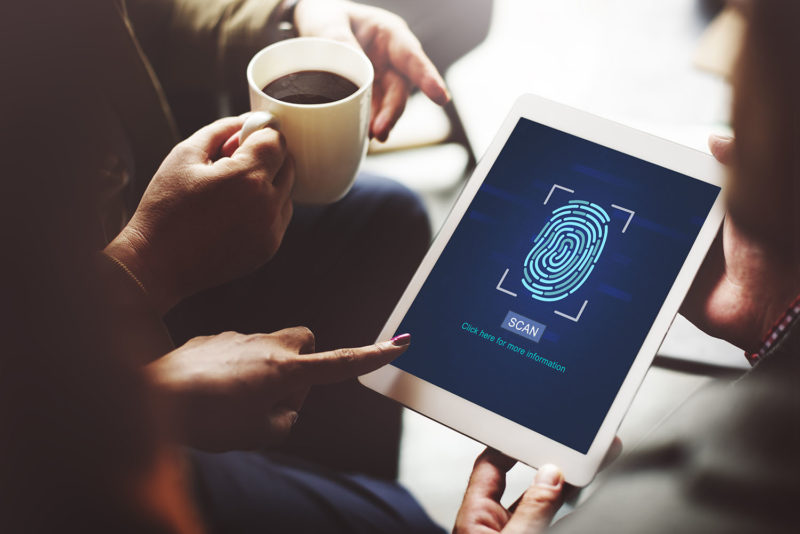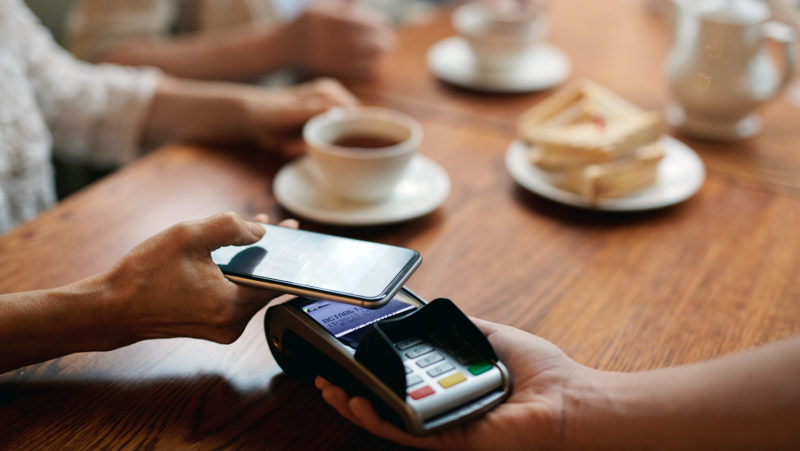

Digitising identity to reduce inequality
Avui dia ja podem accedir a les nostres finances, a les aplicacions o a dades personals sense necessitat d’ensenyar el document d’identitat en paper. A 11Onze analitzem com la digitalització de la identitat pot ajudar a reduir les desigualtats i millorar la qualitat de vida de la ciutadania d’arreu del món.
Un dels avantatges més celebrats de la digitalització és el fet de simplificar tràmits amb l’administració que impliquen una inversió de temps i diners important. Ara, ja podem aconseguir el padró sense haver-nos de desplaçar a l’Ajuntament; podem fer la declaració de la renda, amb assessorament inclòs, sense sortir de casa; o bé obtenir un certificat oficial, tot i viure en un poble, sense necessitat d’anar a la sucursal d’una gran ciutat. Aquest és un nou escenari de gestions en línia que gràcies a la identificació digital ens aporta agilitat i seguretat.
Aquesta utopia que, a poc a poc, esdevé la nostra quotidianitat, pot portar beneficis significatius a escala social, tant per a la ciutadania com per a l’administració, com ara reduir el frau o aconseguir un empoderament econòmic més inclusiu. Tot això, però, només s’aconseguirà si aquesta tecnologia es fa servir correctament.
El primer gran repte, identificar la població
Segons dades del Banc Mundial, de les 7.600 milions de persones que hi ha al món, gairebé 1.000 milions no tenen cap mena d’identificació reconeguda legalment. Els 6.000 milions restants es reparteixen entre aquelles persones que, tot i tenir identificació legal, no disposen de mecanismes per fer-la servir en l’àmbit digital i aquells que viuen en països on la identificació digital ja és una realitat, com és el cas de Catalunya.
A escala global, fer tràmits administratius o tributaris en línia no és tan habitual com a molts de nosaltres ens pot semblar, i això obre un altre debat: si oferir nous canals digitals implica més oportunitats i facilitats per a la ciutadania, la falta d’accés comporta més desigualtats? Tant els canals de comunicació com els processos administratius han adoptat la via digital com a punt de referència, i en tot aquest procés la tecnologia ha deixat enrere totes aquelles persones que prefereixen els canals tradicionals, sigui per desconeixement o per falta de recursos. Una dificultat afegida per accedir a bens i serveis que amplia la desigualtat social i suposa posar en risc el lliure accés als recursos públics.
Beneficis i riscos de la identificació digital es contraposen i, com en tot balanç, l’opció que pesa més és la que pot afavorir a més ciutadania, contribuir a la millora social i servir com a eina d’evolució, no només com a substitut d’antics mètodes. En aquest punt, les entitats i organismes que treballen amb col·lectius en situació de vulnerabilitat estan guanyant protagonisme.
iSocial: innovació tecnològica en l’àmbit social
ONG i entitats socials han fet un pas endavant en la lluita social i han introduït la innovació tecnològica en un sector que fins ara se n’havia mantingut al marge. És el cas de la fundació iSocial, orientada a oferir solucions innovadores per a la lluita social. La fundació ha creat Refugee Aid App, una aplicació pensada per al col·lectiu migrant a Europa que té dificultats en el procés d’acollida.
Gràcies a l’aplicació, anomenada RefAid, es posa en contacte persones que necessiten un suport i entitats que en presten, la majoria de les quals són ONG internacionals. Actualment, ja està disponible a 14 països, entre els quals encara no hi ha l’Estat espanyol. La mateixa empresa també ha tret al mercat Lifespots, una aplicació orientada a escala local, però amb la mateixa finalitat: facilitar els canals d’ajuda comunitària.
Una de les preocupacions per a les persones que han de migrar és la por a ser retornats al país d’origen. En aquest sentit, l’aplicació ofereix la seguretat que aquestes dades només es compartiran entre organitzacions socials i amb la finalitat de garantir l’article 14 de la Declaració Universal dels Drets Humans, que protegeix “el dret a buscar asil i a gaudir d’aquest a qualsevol país”.
La identificació digital s’obre camí
Un altre exemple és Protection People app (PPa), una plataforma també impulsada per iSocial i orientada a identificar digitalment les persones en situació administrativa irregular, que són prop de 1.000 milions arreu del món. Persones migrades, que viuen en situacions d’extrema vulnerabilitat o que han patit desastres naturals o humanitaris poden trobar-se en aquesta situació. Per acompanyar-les, aquesta aplicació els ofereix coordinació amb altres ONG per detectar necessitats i obrir nous camins, gràcies a les dades biomètriques (dactilar, facial i patró de venes del palmell de la mà, que no varien amb els anys) i a l’informe vital que l’acompanya.
Identificar persones de forma 100% digital ja és una realitat i, en part, és gràcies a aplicacions que aconsegueixen fer, en qüestió d’hores, tràmits que els governs tarden mesos o, fins i tot, anys a completar. La innovació tecnològica en l’àmbit social obre un nou escenari per combatre la desigualtat social i aportar seguretat i facilitats a la ciutadania d’arreu del món.
11Onze s’està convertint en un fenomen com a primera comunitat fintech de Catalunya. Ara, llança la primera versió d’El Canut, la super app d’11Onze, per a Android i Apple. Des d’El Canut es pot obrir el primer compte universal al territori català.





👏
Gràcies, Daniela!!!
Molt en contra del control tecnològic fins a aquest abast. La línia és molt fina entre el bon ús de les dades i la utilització i el control fraudulent de la nostra intimitat. Si ningú ho veu, tenim un problema com a societat.
Tens tota la raó del món, Miquel. S’haurà de veure com es pot regular tot això de la millor manera possible, per fer-ne un molt bon ús, i que al cap i a la fi sigui positiu per tothom… Moltes gràcies pel teu comentari.
Molt interessant
Celebrem que ho hagis trobat interessant i que hagi sigut del teu grat. Moltes gràcies pel teu comentari, Ricard!!!
Un article molt interessant, la digitalització de la identitat ens fa més fàcil el dia a dia amb les administracions, ja no cal fer els tràmits presencialment. Ara és cert q queda molt per fer, per tal q no quedi ningú al darrere.
Això és veritat queda molt per perfeccionar perquè la tecnologia estigui finalment el nostre servei! Gracies per l’apunt!
👌
Gràcies, Joan!!!
Interesant article ,certament Mb la tecnologia és pot arribar a molts però a l’hora deixa fora persones que no tenent accessibilitat o bé que no poden ,i fins i tot qui no vol
És veritat i és per això que els governs s’han d’implicar perquè les tecnologies arribin a tots els llocs
Crec que el nombre assignat d’habitants al món de 7,6 bilions no és correcte. En català, 7,6 bilions són 7.600.000.000.000 mentre que si fos en anglès serien 7.600.000.000 que em sembla més aproximat
Bona observació, Francesc. Si, si, és tal com tu mateix ho has dit. Al món hi deuen haver uns set mil sis-cents milions de persones. Està ben dit en anglès, però no en català. Ara he avisat i ben aviat ja estarà arreglat. Moltes gràcies pel teu comentari.
Calen molts esforços per evitar que s’eixampli més la bretxa digital, La digitalització es desenvolupa amb unes tecnologies cada cop més allunyades de la majoria
Malauradament és molt probable que tinguis raó. Moltes gràcies pel teu comentari, Francesc!!!